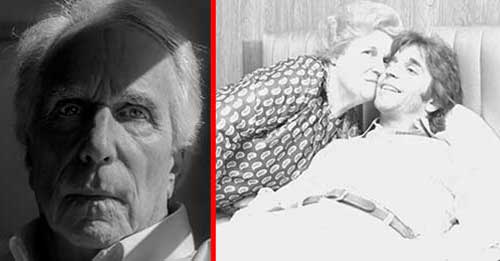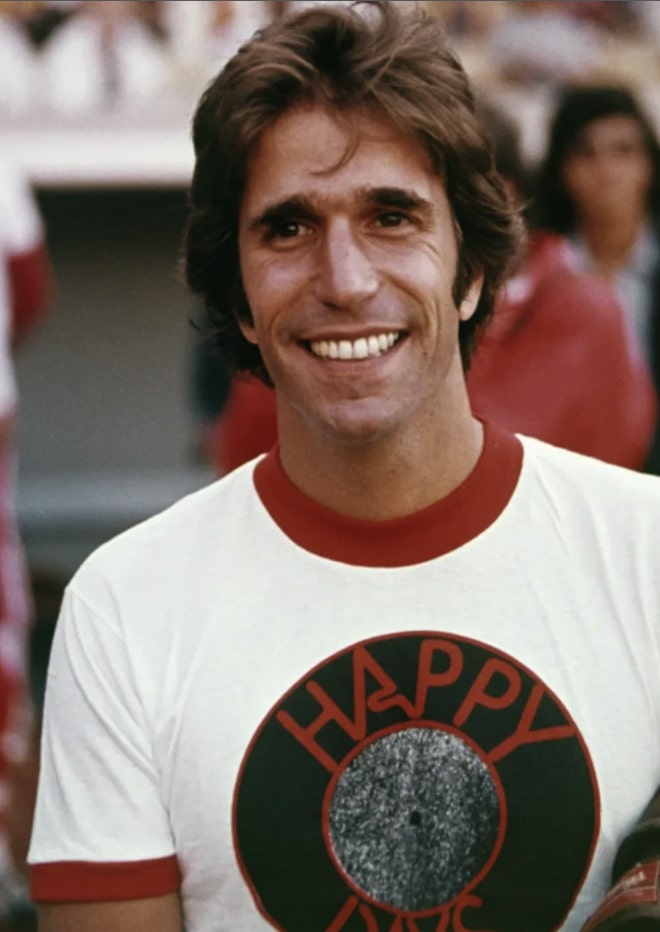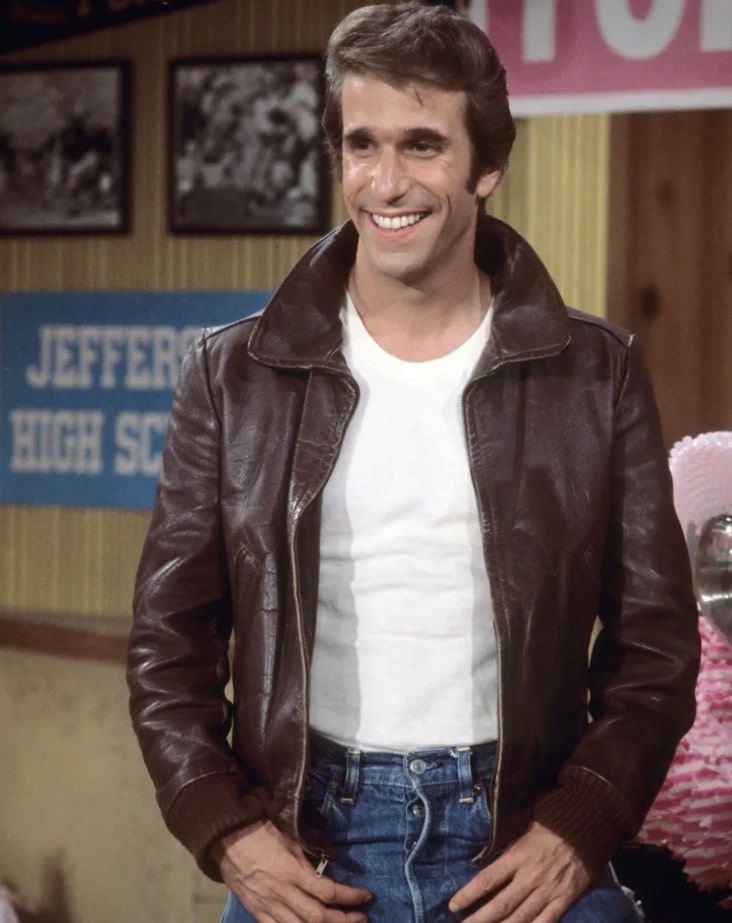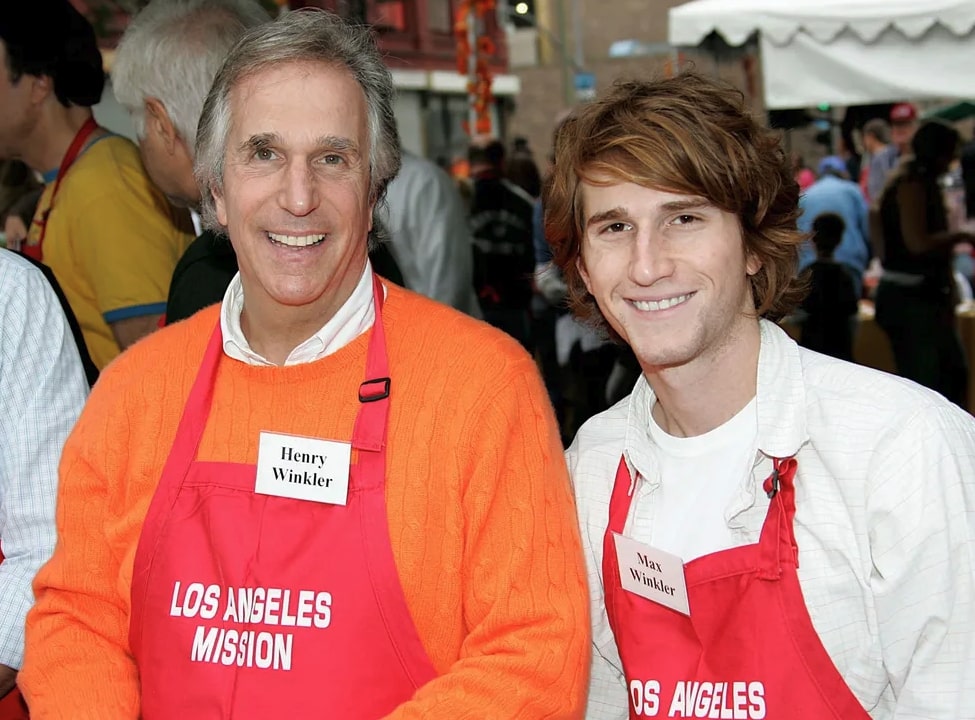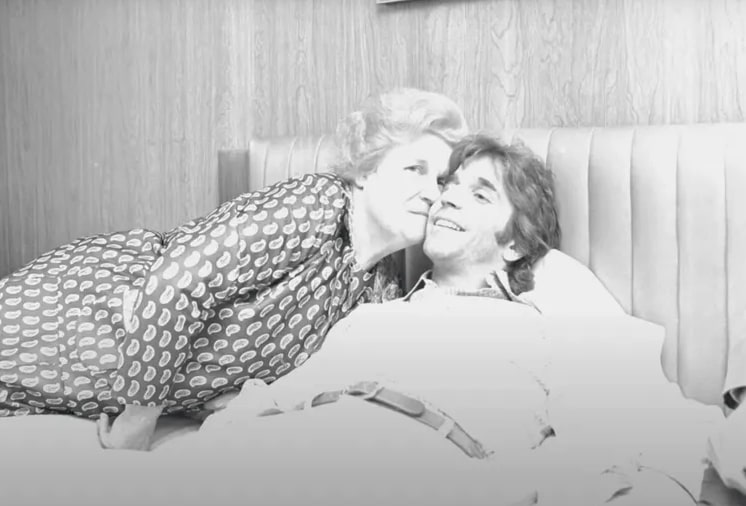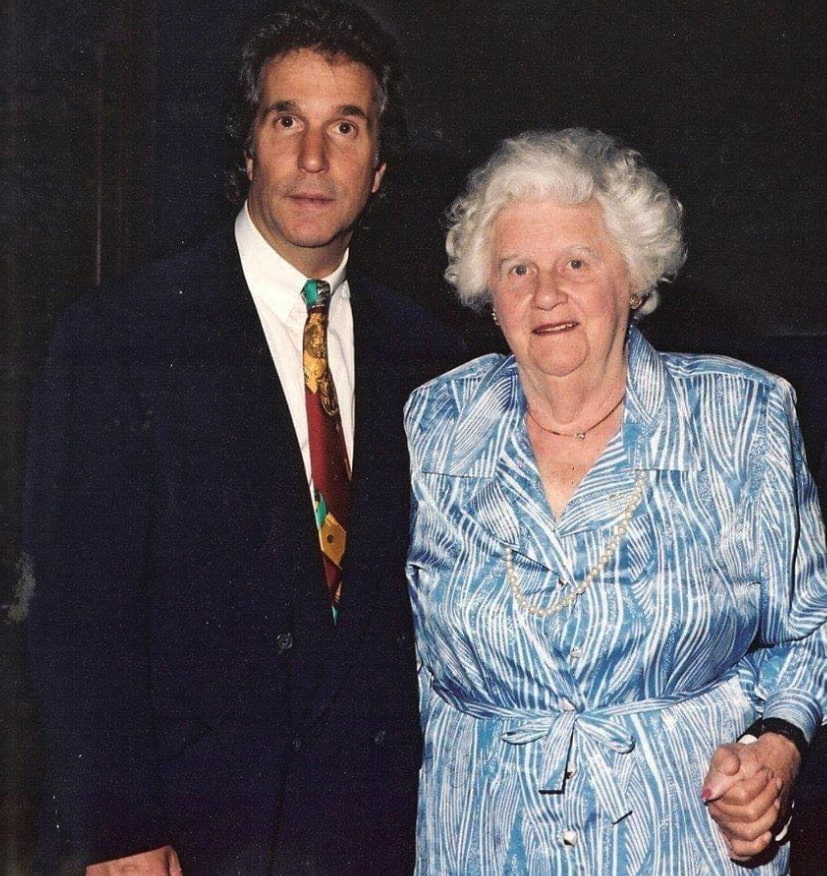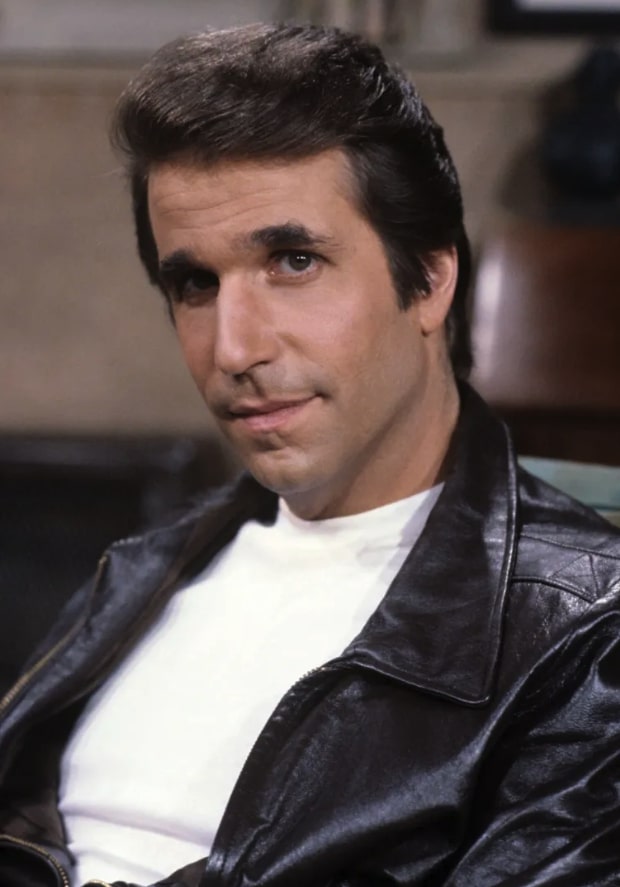Henry Winkler didn’t remember his grandparents. They were all tragically deported to concentration camps, and Winkler only heard about them via stories.
The actor also grew up hearing his peers at school talk about how their parents would take them on excursions and how much fun they had with their families. This seemed unfathomable to him, and he could never connect to such an event.
If Winkler appreciated his parents for one thing, it was that they fled Nazi Germany in 1939 to establish a new life in America. He is able to live the life he does today because of their escape.
While he sees this as a positive, he cannot ignore the anguish he endured as a youngster. He regarded his parents as emotionally toxic and said that as a youngster he was never heard.
In fact, he felt so estranged from his mom that when his son Max asked what memories he had of her, the actor revealed that he had only seen her laugh twice in his life – years apart.
After everything he had through as a youngster, Winkler swore to be a better dad than his own parents were to him. While they never paid attention to what he had to say, he demonstrated to his kids that he was ready to listen.
Winkler taught his kids and even their friends life lessons at every opportunity. He remembered some of his children’s pals dropping by to report they were experiencing problems. While Winkler’s kids would prefer that he simply say hello and go, Winkler would spend time with them and ask them to tell him about their concerns.
If he could teach his kids one thing, it would be to listen. He observed that in adult-child relationships, the “listening” component is frequently lacking, with adults believing that kids are too young to grasp what they are going through. He, on the other hand, feels that this is far from the case.
Winkler did everything he could to provide the greatest environment for his kids. He took them out of the limelight and made certain they had a “regular and steady” family life. He also made a point of not repeating his parents’ faults with him, particularly their harsh and “occasionally nasty” behavior.
As a child, the actor remembers going to bed every night, convinced that he would be a different dad from his. He was ultimately faithful to his word—he never put a hand on his kid, despite getting hands and even a hairbrush as a youngster.
Winkler was damaged by an incident in which he was eating breakfast and put his ear to the bowl to hear the “snap, crackle, and pop” of the cereal he was eating. In an interview, he recalls his mom exploding and chasing him around the table.
Despite his thriving profession, Henry Winkler traveled from California to New York to care for his ill mother, who had been harsh to him as a youngster. Henry’s mother would criticize him and call him names, however in her time of need, he worked around his schedule to become her caretaker.
Despite this, the actor admitted that he “felt awful” when he couldn’t be there for her. Winkler didn’t believe in offering assistance from afar, even if he had little option on some days.
He remembered seeing the desire to live seep out of her at such moments. While he and his sister wished for his mom’s recovery, she had a different perspective on her sickness.
When Winkler’s mom died in 1998, he wanted to get active in stroke awareness efforts, especially those addressing upper limb spasticity, which his mother suffered horribly.
With almost a million individuals suffering from stroke each year and 7% suffering from upper limb spasticity, he thought that boosting attention for Botox as an authorized therapy was worthwhile.
Winkler has often expressed his love for caretakers, calling it a wonderful, noble profession that requires many sacrifices and restless nights. In terms of guidance for carers in difficult circumstances, he encourages them to embrace their sentiments of difficulty.
Winkler feels that it is critical to be honest about one’s feelings, since they may burst if they hold it all within.


